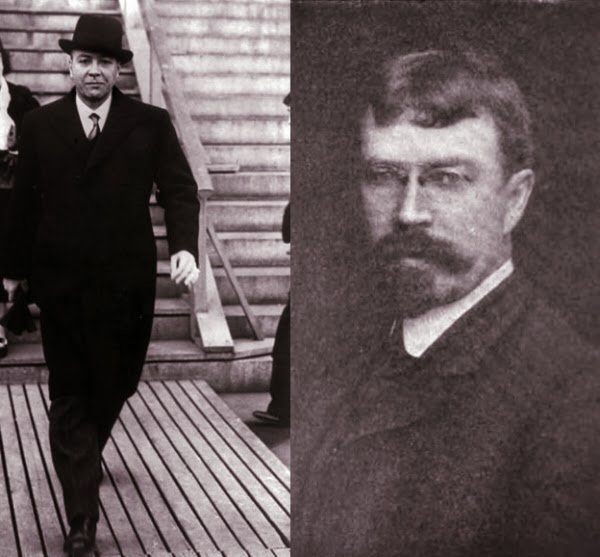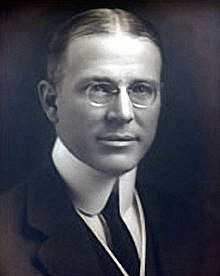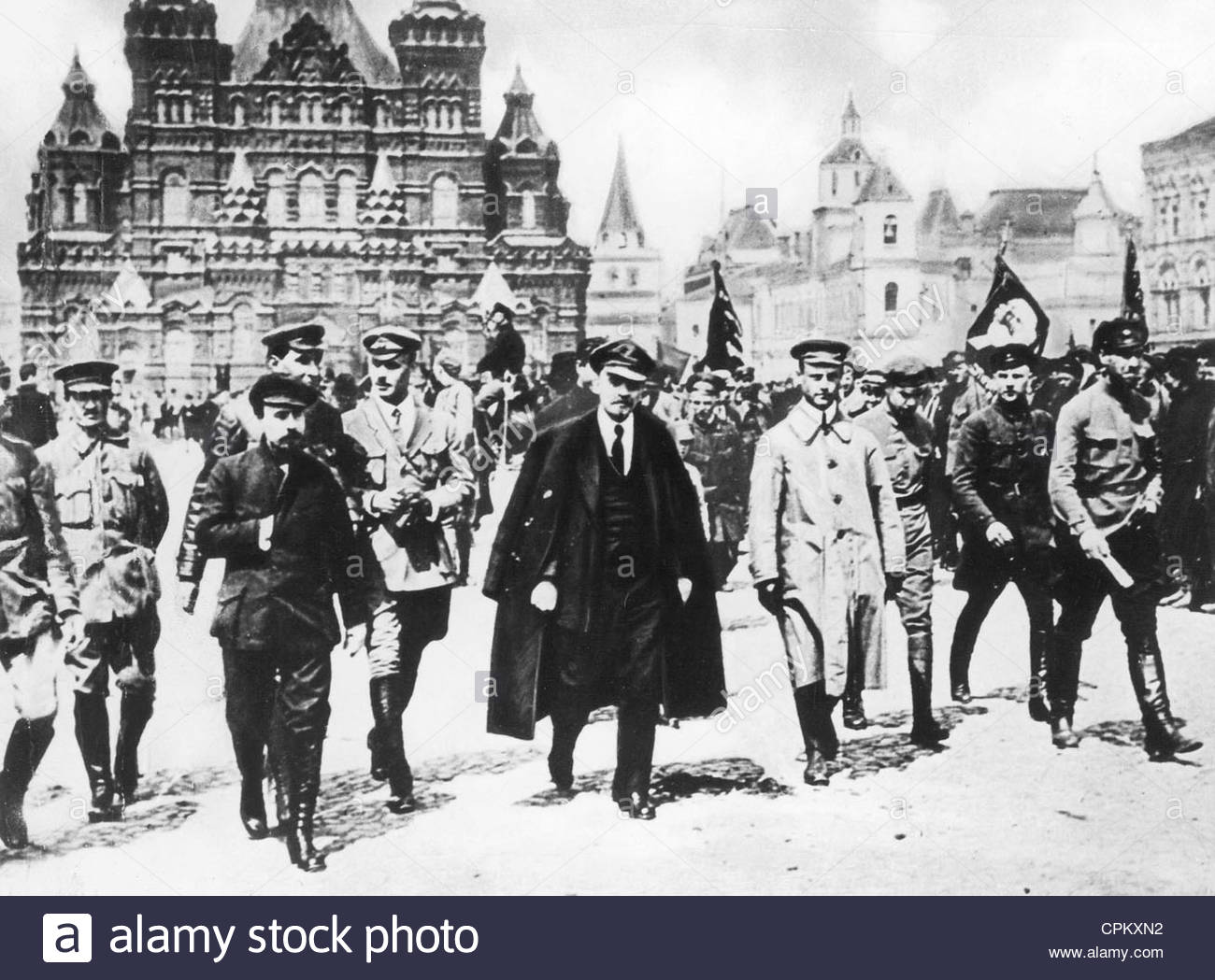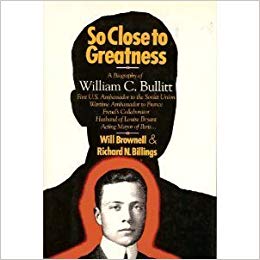Young American Diplomat to Lead.
Meets with Lenin, Finds Him ‘Impressive’
Leaders in Paris Pay No Attention.
Special to the Great War Project
(25 February) The peacemakers in Paris are complaining about their lack of knowledge of events in Russia.
More and more, they are considering sending a small secret mission to Moscow to witness for themselves what’s taking place there.
Reports historian Margaret MacMillan, “Several of the younger Americans, including the radical journalist Lincoln Steffens and William Bullitt, a young Russian expert with the American delegation — who was known to oppose intervention in Russia — were already suggesting a mission of inquiry.”

The secret mission – William Bullitt (left) and Lincoln Steffens
The British prime minister, David Lloyd George, “agrees it might be a good idea.”
On February 17th a century ago, Bullitt learns he has been chosen to lead a small secret delegation to Moscow. “Their goal,” reports MacMillan, “is to talk to the Bolshevik leaders about what sort of conditions they might accept to make peace with the Allies.”
Some of the Allies have been in favor of intervention there since the Bolsheviks seized power and took Russia out of the war in 1917.
“Bullitt was delighted,” MacMillan reports. This assignment puts him at the center of the action. But Bullitt’s goals put him at odds with President Wilson and his chief adviser, Edward House, who want to determine what Bolshevik conditions are to make peace with their White adversaries.

William Bullitt
MacMillan reports, “Bullitt’s instructions were to negotiate conditions of peace with the Bolsheviks. Stephens, who went along, concurred.”
“A small mission, headed by an insignificant twenty-eight-year-old might bring back good news. It was expendable if it did not.”
Bullitt and Steffens had a great week in Moscow. They lived in a palace, went to the ballet, ate plentiful caviar, and met frequently with Lenin and other Bolshevik leaders. Steffens formed a very positive impression of them.
“The Bolsheviks,” he believed, “were getting rid of the causes of poverty, corruption, tyranny, and war.”
“Bullitt agreed that a great work had been started in Russia.
“Both men were deeply impressed with Lenin. He was straightforward and direct, Bullitt said.
“By the end of a week, Bullitt thought he had a deal.” It included a ceasefire, and concessions from both sides, the Reds and the Whites.

Lenin in Parade (center) 1919.
The Allies would withdraw their troops, which had been stationed there since the armistice had been declared.
For the moment the Whites in Bullitt’s deal, could keep their troops deployed.
This is the rosy picture that Bullitt and Steffens brought back to Paris. It didn’t impress anyone in the Allied delegations.
Indeed the negotiators paid little attention to what Bullitt and Steffens had accomplished.
“Bullitt was shattered,” historian MacMillan reports.
“No one in Paris wanted to hear about his mission, not even the president he admired so much.”
Nor did Bullitt embrace other aspects of the peace treaty that was emerging at the table at Versailles. Not long after this, Bullitt submits his letter of resignation.
He decides to repair to the Riviera “to lie in the sand and in his now jaundiced view, watch the world go to hell.”
